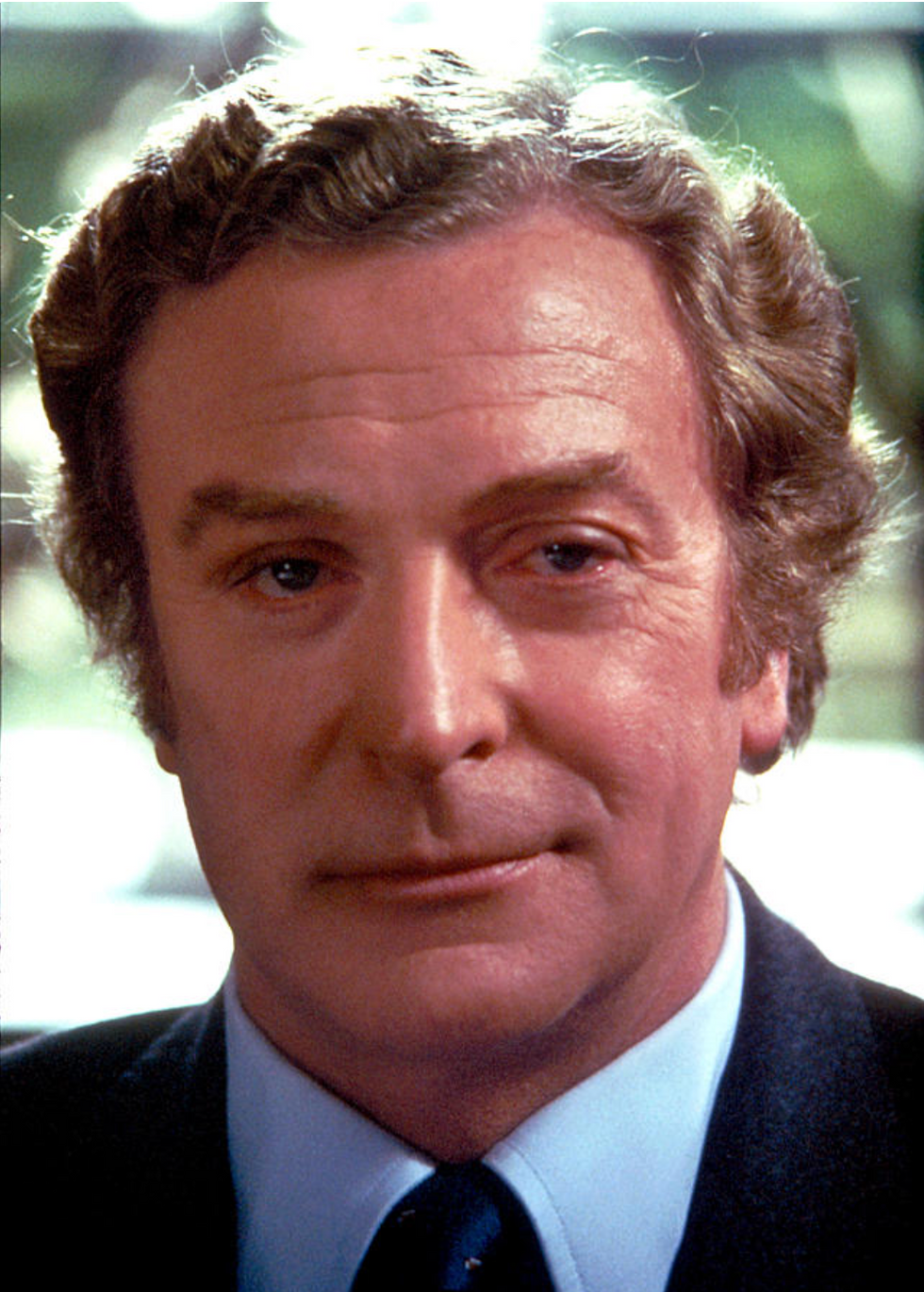
When I was a kid, there were paths one was expected to follow. Most of us graduated high school, then it was a job, college, or the military. I seem to remember a shocking amount of my peers having clearly defined goals, with elaborate 10-step plans laid out in two-year increments. Their unyielding paths sounded like a prison sentence to me, and yet, I was terrified not knowing what to do or where to do it.
I don’t think teens today could make a 10-year plan. It used to be the world you were born in looked like the world you will die in. This is the first time in human history when nobody knows what the world will be like in five or 10 years. How does one prepare for something nobody has ever experienced?
This century started with a paradigm shift that brought the war on terror, homeland security, and TSA-scrutinized travel. Then the global pandemic hits, millions die, inflation takes off like a rocket, the weather grows more erratic, and our phones feed us a heavy diet of terrifying, conflicting stories that throw everything into question, which further polarizes people. Paradoxically, a lifetime of being a professional musician has left me aptly prepared to handle the uncertainty of our modern, unpredictable world.
I approach life the way I approach playing a solo: assess and improvise. I’m not a great mimic, and I don’t particularly enjoy trying to cop a specific part. If the part is set in stone, then there’s a chance that my brain or fingers or instrument will not cooperate. It could be the simplest, slow three-note phrase, but trust me, under pressure, I could, and have, messed them up. But if I’m flying blind, making music without direction, there are no mistakes.
I honestly think that one of my strengths as a musician is that I’m not great. What I mean is, if I was a virtuoso who had so mastered my instrument that I could play anything, if I could make my instrument do whatever I command of it, I would quickly run out of surprises. That would be a tragedy because the surprises are the best part.
Most of the time, I don’t know what I’m going to play on a solo. But I find if I’m open to anything, then I listen better to what the other players are doing. Instead of it just being my predictable choice of notes, two or three additional players can push and guide me to a better, more interesting place. It’s impossible to be predictable when you don’t know what you’re going to try, much less if you can achieve what you are going for. I never know if I’m going to stick the landing. I sometimes don’t even know until I hear the playback. Even then, sometimes I have to listen repeatedly to determine if it’s horrible or cool.
“If I was a virtuoso who had so mastered my instrument that I could play anything, if I could make my instrument do whatever I command of it, I would quickly run out of surprises. That would be a tragedy because the surprises are the best part.”
The trick is to be okay with letting go of your plans and making a fool of yourself. Fear of failure, fear of ridicule, and fear of making mistakes are all things you have to get over and just let the music go where it wants to go.
Not knowing your destination can be an advantage. With no road map or destination, we have the opportunity to explore uncharted territories and let our stumbles and bumbles guide us toward unexpected places that are way more interesting than what we could have imagined. When you are open-minded, doors open.
I saw an interview with Oscar-winning actor Michael Caine where he said, “If I have one philosophy in life, it is ‘use the difficulty.’” While working on a play as a young actor, Caine was supposed to walk through a door onto the set to join an improvised scene, but one of the actors threw a chair. It became lodged in the door Caine was supposed to walk through.
Caine said to the director, “I’m sorry, sir, I can’t get in … there’s a chair there.” The director said, “ ‘Use the difficulty…. If it’s a comedy, fall over it. If it’s a drama, pick it up and smash it…’ I took that into my own life. You ask my children. If anything bad happens, they go, ‘We gotta use the difficulty. What can we get out of this?’ There’s never anything so bad that you cannot use that difficulty. If you can use it a quarter of 1 percent to your advantage, you’re ahead. You didn’t let it get you down. That’s my philosophy.”
So, when you find yourself worried about the world’s multiple wars, America’s polarizing politics, and the current difficulty in keeping up with the rising costs of living, or a broken B string during a solo, try embracing the uncertainty and unpredictability. Every challenge is a gift of opportunity if you use it.
From Your Site Articles
Related Articles Around the Web









